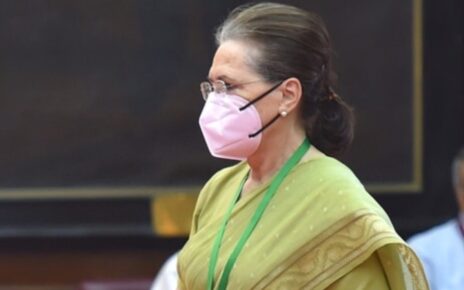WhatsApp has filed a lawsuit in the Delhi High Court against the government’s new digital rules that take effect today (Wednesday), saying these would compel it to break privacy protections to users.
The Facebook-owned messaging service filed its petition on Tuesday against the rules that will require it to “trace” the origin of messages sent on the service, which is says is a violation of privacy.
The case, described by people familiar with it, asks the Delhi High Court to declare that one of the new rules is a violation of privacy rights in India’s constitution since it requires social media companies to identify the “first originator of information” when authorities demand it.
While the law requires WhatsApp to unmask only people credibly accused of wrongdoing, the company says it cannot do that alone in practice.
“Requiring messaging apps to ‘trace’ chats is the equivalent of asking us to keep a fingerprint of every single message sent on WhatsApp, which would break end-to-end encryption and fundamentally undermines people’s right to privacy,” WhatsApp, which has nearly 400 million users in India, said in a statement today.
“We have consistently joined civil society and experts around the world in opposing requirements that would violate the privacy of our users. In the meantime, we will also continue to engage with the government of India on practical solutions aimed at keeping people safe, including responding to valid legal requests for the information available to us,” said a spokesperson of WhatsApp.
End-to-end encryption was designed to help ensure that nobody other than the receiver can see a particular message, according to sources. This is the exact opposite of traceability, which would reveal who sent what to whom, officials point out. They add that traceability would force private companies to collect and store who-said-what and who-shared-what for billions of messages sent each day. Which means collecting more data than they need only for the purpose of turning it over to law enforcement agencies.
A lawyer for WhatsApp told the Delhi high court: “A government that chooses to mandate traceability is effectively mandating a new form of mass surveillance.
“In order to trace even one message, services would have to trace every message. There is no way to predict which message Indian government would want to investigate in the future.”
The government has already clashed repeatedly with Twitter, demanding that the site remove anti-government tweets related to the farmers’ protests earlier this year and more recently tweets which criticised the government’s handling of the pandemic. Twitter has complied with some requests and made certain posts unavailable to view inside India, but refused to comply with others. Facebook and Instagram were also recently instructed to remove anti-government posts mentioning coronavirus, on the basis they could cause “panic”.
Under the new IT rules, social media companies have to remove content within 36 hours of a legal order and have to appoint an Indian-based “compliance officer” to deal with any complaints. The laws also apply to online media, and have been described as further muzzling of the media in India.




